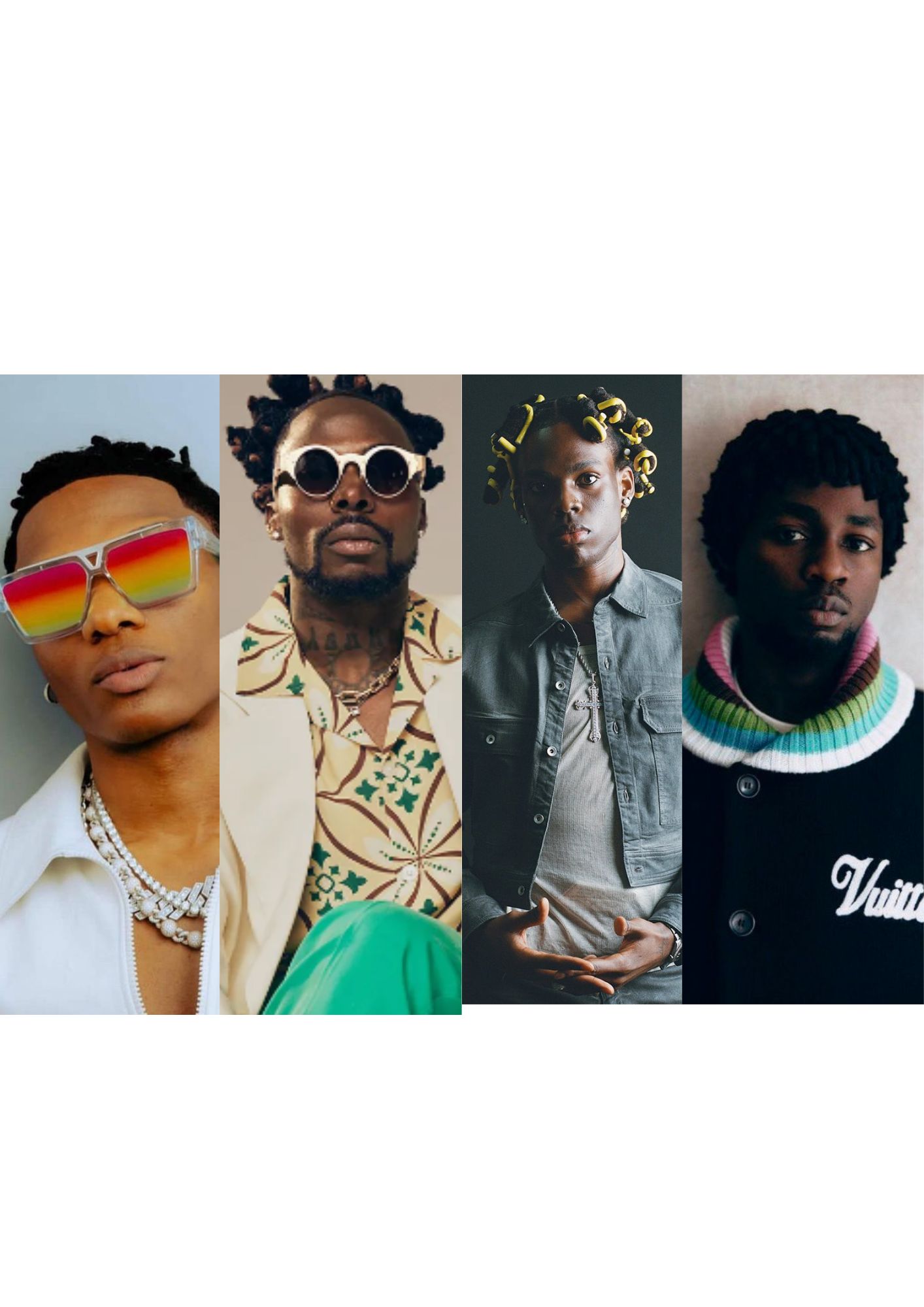
Musicians often draw inspiration from different sources, especially the works of other musicians.
In Nigerian mainstream pop music, it’s not uncommon for artists to gravitate towards whatever the trending sound, style, or even thought process is in a desire to ingrain themselves in consumers' consciousness.
14-time Grammy winner Pharrell Williams said it best when he posited that there’s nothing new under the sun and all art forms are derivations of a myriad of existing creations.
Also, artists are inspired by the works of musicians before them whose efforts popularised a sound, shaped an era, and connected with a generation. 2Baba, Wande Coal, Wizkid, and Rema are artists who have had a palpable impact on the Nigerian soundscape across different eras.
In the last few years, Amapiano has held sway in Nigerian music, and its popularity is highly engineered by the vibrant works of hitmaker Asake whose fusion delivered an exciting sound other artists were eager to mirror.
It’s common practice for artists to draw inspiration from the works of others. After all, nothing is new under the sun and imitation is the highest form of flattery.
However, can imitation become too much such that it moves from flattery to artistic laziness, and turns into a problematic trend?
Should there be a limit to drawing inspiration?
There’s a thin line between drawing inspiration and imitation. While the former is artistically applauded, the latter is mostly frowned upon.
The recent case of Flavour and KCee offers an insight into how artists can frown at what they perceive to be a decided effort to copy their work.

Flavour’s claims come after KCee teased a new song with Igbo music legend Theresa Onourah just weeks after Larry Gaaga featured her, Flavour, and Phyno on a song. KCee was also accused of hijacking the Ojapiano niche from Kolaboy who initially fused the Log drum and Oja flute for a captivating hybrid.
Similarly, several Afropop stars like Rema, Omah Lay, and even Victony have consistently claimed that many artists are trying to mirror their style. Ordinarily, one would expect that these artists will be flattered by the fact that other musicians see them as worthy icons to imitate. However, in the highly competitive Nigerian music pop scene, excessively biting off an artist’s style might not considered flattering.
Culture Writer Nonso Iheakire said that the issues stem from the use of a small set of producers by most artists. He points out that the issues are further compounded by the desire to follow a strict pop template.
“I think the problem is in how much mindless lifting is being done today. And the reasons are the commerce behind it and the same talent pool of producers. I think they should stop rotating producers and creating music with a strict pop template. It’s not a problem to imitate if you do it creatively.”
Iheakire points out that while several artists have Burna Boy’s vocal texture and cadence, the Grammy winner still manages to stand out because he’s decidedly committed to keeping things varied and exciting.
“A lot of artists sound like Burna Boy. Even Burna Boy sounds a lot like different people from different climes yet he is distinct because he knows how to keep things varied.”
Music Executive Honour Aghedo says artists are influenced by similar realities hence the reason they sound alike, and this has been strongly amplified by the advent of music streaming.
“Artists have always sounded alike across different eras of music because they are influenced by the sample reality, work with similar producers, and make similar sounds. The reason it looks so bad in Afrobeats is because it’s amplified by the streaming era.”
He said while imitation isn’t a problem when artists are starting out, they must learn to find their voices.
“The thing is when artists start out, the first step is often to imitate another artist they look up to but as they get older, they have to find their unique sounds”.
The art of imitation is a trend that transcends even the streaming era of Nigerian music which is currently enjoying a commercial peak with the democratisation of music creation leading to the introduction of more artists. A bulk of these artists quite understandably gravitate toward the popular sound in a bid to achieve commercial success.
Is imitation still the highest form of flattery? This writer very much thinks so.
Is Nigerian mainstream pop music increasingly monotonous? Many would agree.
Hence, there’s a need for artists, especially emerging talents, to craft their identities even while channelling the cadences of the artists that inspire them. Pursuing originality will not only distinguish them but also make them stars whose artistry will be imitated by future generations.
from Pulse Nigeria https://ift.tt/D2R8zHE
via gqrds

0 Comments